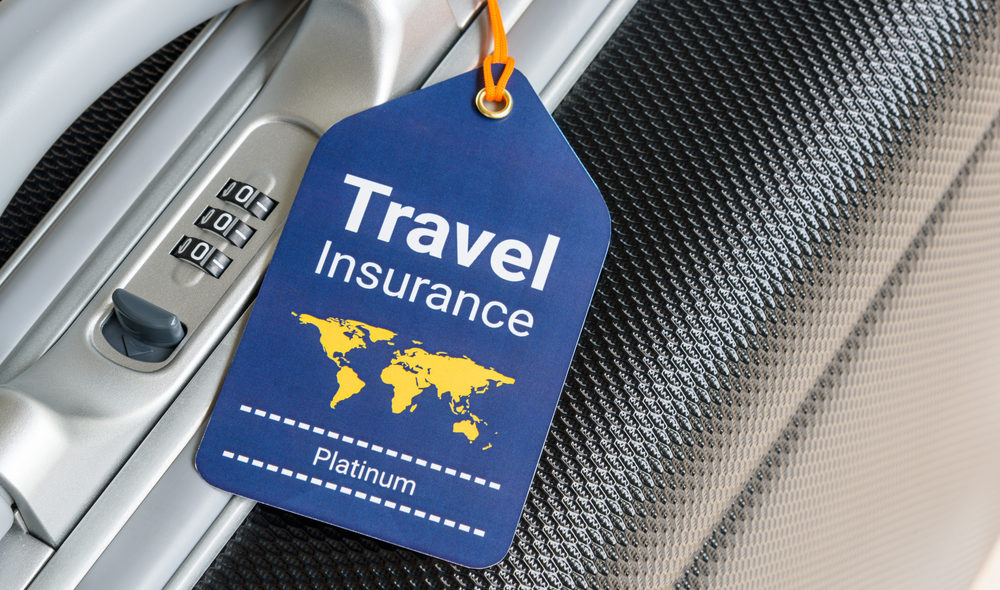In recent years, the travel industry has faced unprecedented challenges, exposing vulnerabilities. The pandemic was a wake-up call, underscoring the importance of being prepared for unexpected disruptions.
Last month’s CrowdStrike outage, which led to widespread flight cancellations and delays for several major airlines, reminded us of the unpredictability of events that may impact travel. These disruptions can turn a dream vacation into a stressful ordeal and have led me to conclude that every advisor should be offering travel protection to their clients.
As advisors, it’s our responsibility to use our experience to educate clients. We know firsthand that emergency can completely screw up the most carefully planned trip. Travel protection is designed to help clients during unexpected situations, whether a medical emergency, a natural disaster or something bizarre like the CrowdStrike incident.
Offering travel protection can ease these challenges, making an advisor’s job less stressful and helping manage client expectations more effectively. If, for example, a client’s flight is canceled due to weather or technical issues and they miss the first night of their hotel stay, the hotel may not offer a refund. Several advisors sought advice from colleagues on Facebook over this very issue in the aftermath of the CrowdStrike outage.
Without travel protection, the client was responsible for these costs, often leading to frustration and complaints misdirected at advisors. If travel insurance had not been offered, traveler frustration may not be completely misplaced. Some insurance policies cover these costs, diffusing the situation before it escalates. (Be sure to read the fine print! Not all travel insurance policies are the same.)
When a client has adequate travel protection, the burden to resolve issues shifts from advisors to the insurance provider. Whether it’s rebooking flights, covering additional hotel stays or compensating for lost luggage, travel insurance (depending on policy details) takes care of these problems, resulting in fewer stressful phone calls, less time spent negotiating with service providers and a smoother experience for clients.
Ultimately, offering travel protection is about more than just providing a service; it’s about enhancing your professional reputation and protecting your business. When clients see that you’ve gone the extra mile to ensure their trip is covered, it builds trust and confidence in your expertise. By making travel protection a standard part of your service, you not only safeguard your clients’ travel investments but also protect yourself and your business from unnecessary complications.
Clients can’t be forced to take out coverage, but they should understand the risks of traveling without it. If a client decides not to purchase insurance, I require them to sign a waiver acknowledging that insurance was offered and that they declined. This waiver states that the client accepts full responsibility if their travel plans are altered due to unforeseen circumstances.
Here’s the liability waiver I have my client’s sign:
I decline the offer to purchase travel protection/trip insurance through [name of agency]. I understand that I am solely responsible for any cancellation penalties and out-of-pocket expenses incurred. I will also make my own separate travel, medical and any other provisions in the event of an emergency while I am traveling. I also understand that I am not protected from loss in the event of any travel vendor, travel supplier or any travel-related operator defaults. This waiver confirms that I voluntarily decline travel insurance and travel protection insurance for the trip described above. I understand I am solely liable for all airline fees, supplier fees and agency fees that may apply, and I hereby release [name of agency] and its agents from any and all liability related to the trip described above.
Nine times out of 10, after I present my clients with the waiver, they decide to purchase the travel protection.
Source: Travel Weekly.






